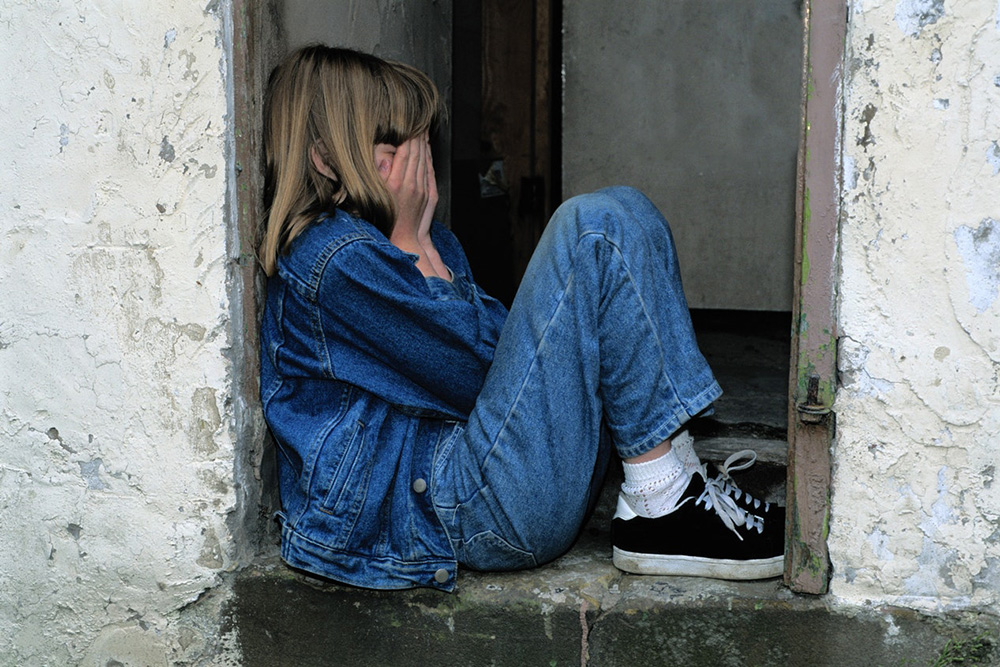The terror of being abused as a child has lasting effects. Research has found that as many as two-thirds of people in treatment for drug abuse reported being abused or neglected as children. In addition, 14% of all men and 36% of women in prison in the United States were abused as children. Did you know children who experience abuse or neglect are nine times more likely to become involved in criminal activity?
One would think these types of numbers are worldwide statics – the United States has one of the worst records among industrialized nations. In our country we lose an average of four to seven children every single day and a report of abuse happens every ten seconds. These are horrible statics and there must be more done to protect our children.
The Mayo Clinic discusses the signs of a child being abused:
- Withdrawal from friends or usual activities
- Changes in behavior — such as aggression, anger, hostility or hyperactivity — or changes in school performance
- Depression, anxiety or unusual fears, or a sudden loss of self-confidence
- An apparent lack of supervision
- Frequent absences from school
- Reluctance to leave school activities, as if he or she doesn’t want to go home
- Attempts at running away
- Rebellious or defiant behavior
- Self-harm or attempts at suicide
Parental behavior is something that can also be observed. If a parent exhibits these types of behaviors there may be something going on in the household with abuse. Provided by the Mayo Clinic.
- Shows little concern for the child
- Appears unable to recognize physical or emotional distress in the child
- Blames the child for the problems
- Consistently belittles or berates the child, and describes the child with negative terms, such as “worthless” or “evil”
- Expects the child to provide him or her with attention and care and seems jealous of other family members getting attention from the child
- Uses harsh physical discipline
- Demands an inappropriate level of physical or academic performance
- Severely limits the child’s contact with others
- Offers conflicting or unconvincing explanations for a child’s injuries or no explanation at all
It is never acceptable to react to your child in anger. If you feel overwhelmed or stressed, take a break. Go calm your self with meditation, a walk or talking to a trusted friend. Never be reactive! If needed, please consult your doctor, therapist, or mentor for ways to learn how to cope with stress and have a healthy interaction with your child.
If you believe someone may be abused please do not think it’s someone else’s problem. We need people to be more engaged and help to protect our children. Don’t let another innocent life be destroyed.
National Child Abuse Hotline 1-800-422-4453

